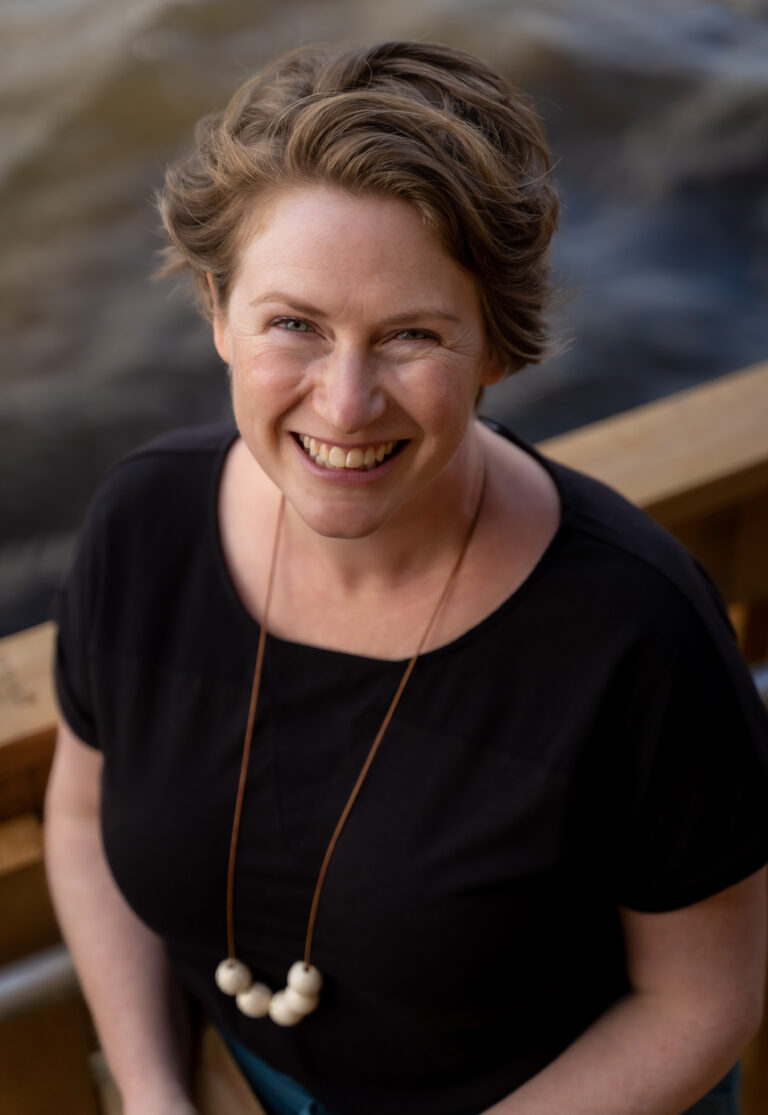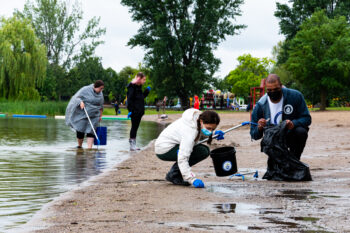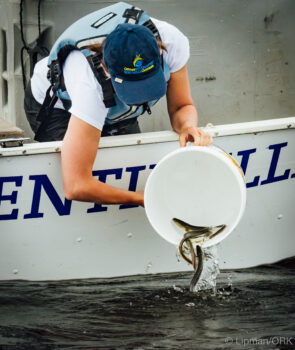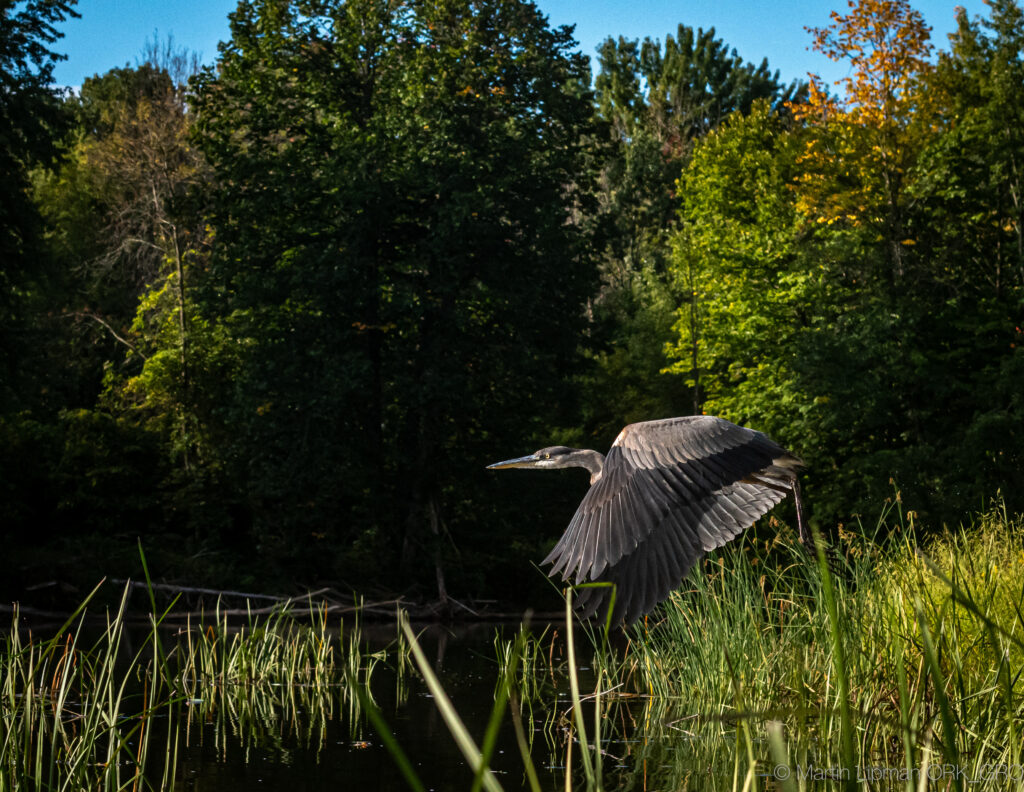Who Is Waterkeeper: Laura Reinsborough, Ottawa Riverkeeper
By: Thomas Hynes

The Ottawa River is nearly 800 miles long. For most of its length, it serves as the border between the Canadian provinces of Quebec and Ontario. The river runs right past the Parliament Buildings in Ottawa and on to the St Lawrence River and the city of Montreal. The watershed is home to 200 municipalities, and the entire area is unceded and unsurrendered Algonquin Anishinaabeg territory.
Like many North American rivers, the Ottawa River has an intense history of mistreatment. Industry, specifically the logging industry, took its toll for generations. Combined sewer overflow (CSO) incidents also negatively impacted water quality. However, all of these threats to the river served as an impetus for advocacy and set the Ottawa River on a course for a cleaner future.
A group of concerned community members searched for the best way to protect the Ottawa. They soon discovered ‘the Waterkeeper model’ was the best fit for what they were trying to accomplish. In 2001, Ottawa Riverkeeper was founded. Since that time, CSO events are down by 80% in the City of Ottawa, Canada’s national capital. Ottawa Riverkeeper continues to advocate for improved infrastructure, monitoring, and work ‘in lockstep’ with the government to be sure the situation is improved further.
“Ottawa was settled here because of the river. As we become a bit disconnected from that, we need to be reminded.”
A few years back, Ottawa Riverkeeper held the world’s largest community based monitoring effort to account for microplastics in freshwater ecosystems. From there, they backed a campaign to ban plastic microbeads throughout all of Canada, which passed in 2019.
Ottawa Riverkeeper is also in the third year of a hyper comprehensive, groundbreaking effort to monitor 14 indicators of river health. Known as the Watershed Health and Monitoring (WHAM) Initivitave, it goes far above and beyond what they had previously been testing for in the river.

Community involvement is crucial to this work. This year they have 125 volunteers testing all along the river. Ottawa Riverkeeper is always looking to connect people to their river. They run a Youth Water Leaders program that provides volunteers with the skills and tools to address environmental issues within the Ottawa River watershed. These types of hands-on opportunities are great for the community member, but it may also bode well for the river too.
“You can try to change someone’s behavior, like turning out the lights when they leave the room,” says Laura Reinsborough, Ottawa Riverkeeper. “But if you change their relationship to nature and the environment, all these positive behaviors can flow from that.”
Laura is relatively new to the role of Ottawa Riverkeeper. She is also relatively new to Ottawa, having moved herself and her family to Canada’s capital area for this opportunity. Though she is new to this specific movement, she has a lot of experience in building and growing nonprofits.
Laura earned her Magisteriate degree in Environmental Studies from York University in Toronto. After school, she created her own nonprofit in Toronto, focused on harvesting urban fruit trees for the community. Laura also led Food For All New Brunswick, a robust food security network.
“Nonprofit and charitable work really appeals to me. I was never told about these careers from my guidance counselor. The bottom line is to make a change in the world,” says Laura. “Working more directly on environmental issues is just so critical in this next decade. I want to be able to take Ottawa Riverkeeper through its next phase of growth, because there’s just so much work to be done.”

Ideally, some of that work would include re-establishing the American eel to the Ottawa River. A series of dams blocked the fish’s passage to the river, its farthest migratory range. The species has suffered a 99% reduction in population. Though at one point, all those American eels comprised half of the river’s entire biomass. In a perfect world, the dams would be removed entirely, but Laura would settle for fish passages at each obstruction.
All of that work ahead will take place in a newly restored, three-story heritage boathouse on the river in downtown Ottawa. The historic space will transform into a destination where community members can engage, discover, and connect with the Ottawa River and its watershed. It will also be a fantastic place to swim, row, paddle, sail, and host meetings and events while taking in the breathtakingly beautiful view. The new headquarters should go a long way in fostering that relationship between the community and their river.
“Ottawa was settled here because of the river. As we become a bit disconnected from that, we need to be reminded,” says Laura. “All that we do at Ottawa Riverkeeper — science, education, and advocacy — is all connected to reconnecting people with those natural features.”
